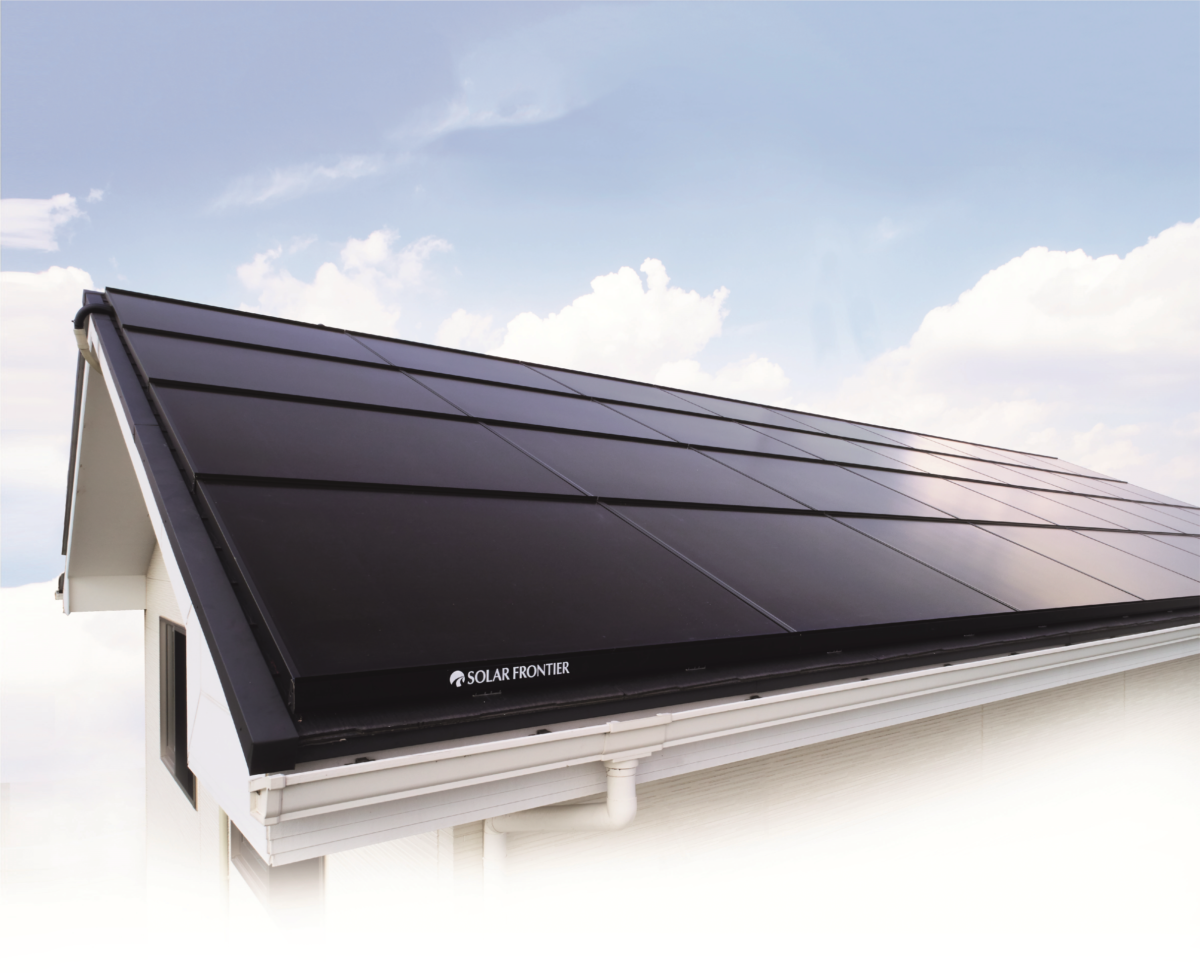Solar Frontier has set a new record for thin film solar cell efficiency, at 23.35% – representing a 0.4% improvement on its own record of 22.9%, set in late 2017. The results have been independently verified by Japan’s National Institute of Advanced Industrial Science and Technology.
According to Solar Frontier, engineering improvements and an enhanced surface treatment of the absorber were the key developments pushing the new benchmark.
The result was achieved on a cell measuring just 1 cm², however Solar Frontier says it will make use of the underlying technology “to pursue the realization of lower costs through increased output capacity of its CIS thin-film modules, while also providing customers with environmentally friendly and highly economical products.”
Residential – the new frontier
Popular content
After struggling with the solar downturn in Japan and stiff competition in international markets – Solar Frontier posted an operating loss of $73 million in 2017 – the company is expected to focus more on the residential segment, which in Japan is expected to see significant growth after the 2020 introduction of a ‘zero energy buildings’ policy.
CIS/CIGS thin film technology is seeing major growth, with several major new factories set to come online, primarily in China. One of the reasons is the technology’s potential for use in building-integrated PV applications, as more and more markets plan to introduce energy standards for new structures.
In October, Solar Frontier parent company Showa Shell Sekiyu finalized a merger with oil producer Idemitsu Kosan Co, Ltd. Showa’s shares will be de-listed from 1 April, and the new integrated company will keep the Idemitsu name.
This content is protected by copyright and may not be reused. If you want to cooperate with us and would like to reuse some of our content, please contact: editors@pv-magazine.com.



1 comment
By submitting this form you agree to pv magazine using your data for the purposes of publishing your comment.
Your personal data will only be disclosed or otherwise transmitted to third parties for the purposes of spam filtering or if this is necessary for technical maintenance of the website. Any other transfer to third parties will not take place unless this is justified on the basis of applicable data protection regulations or if pv magazine is legally obliged to do so.
You may revoke this consent at any time with effect for the future, in which case your personal data will be deleted immediately. Otherwise, your data will be deleted if pv magazine has processed your request or the purpose of data storage is fulfilled.
Further information on data privacy can be found in our Data Protection Policy.